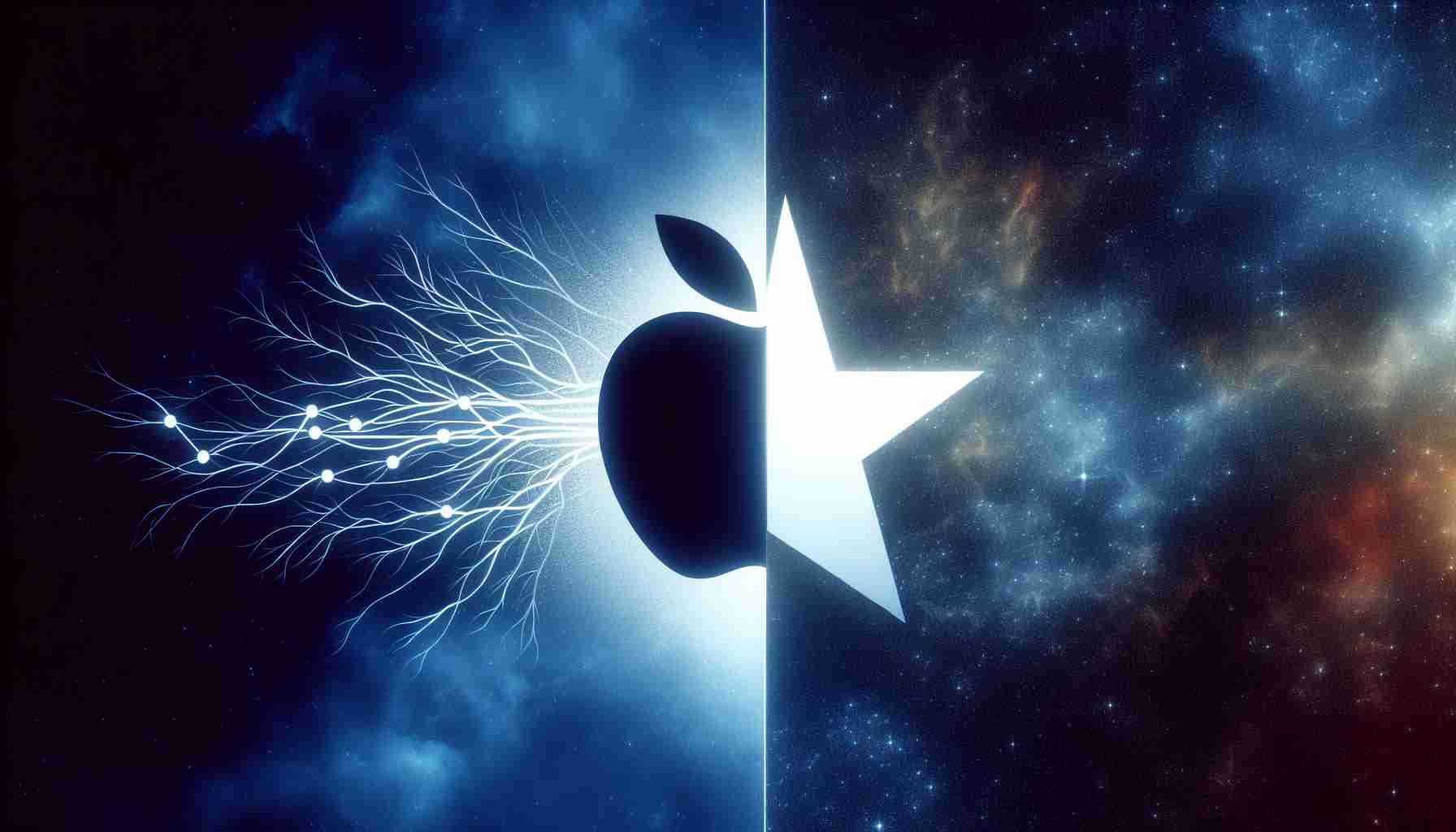Samsung Takes the Crown in Global Smartphone Distribution
Samsung has been celebrated as the leading distributor of smartphones worldwide. The giant tech company has shipped a massive 3 billion devices globally, securing its spot at the top, even outpacing Apple. What is particularly noteworthy is the healthy competition the two heavyweights maintain, contributing positively to the mobile industry’s growth.
Constant Innovation Drives Samsung’s Success
Despite encountering a minor dip in its annual shipments, Samsung holds its position at the forefront of the market. Their judiciously timed product launches, such as the S24 series and the revamped Galaxy A series, attest to their robust market strategy.
Apple’s Consistent Market Impact
Not to be outdone, Apple rebounded from a sales lull to hit phenomenal iPhone sales in 2022, reflecting the enduring allure of the brand and the high esteem in which the tech community holds the iPhone.
A Surge from Chinese Manufacturers
Companies like Xiaomi have begun carving out their slice of the market pie, particularly in burgeoning economies, and are advancing swiftly.
The Next Wave: Smartphones Empowered with AI
The integration of AI into smartphones is expected to revolutionize the industry, offering unique attributes and more sophisticated ecosystems. Anticipation is high that AI will soon feature in mid-range models, potentially spurring market expansion.
As the smartphone market evolves, facing new challenges and technologies such as 5G, the constant is the strong presence of Samsung and Apple. Their adaptability and continuous innovation will remain influential as they navigate issues like sustainability, ethics, and competition. It is their unique tactics—Samsung with its expansive product spectrum, and Apple with its premium-only strategy—that has engraved their names on the industry’s success tale.
Innovation Fuels Customer Satisfaction
It is the strides in technology and design that have shaped the smartphone industry. Innovations like OLED displays and advanced cameras have not only set trends but have also anchored customer loyalty.
Tackling New Market Realities
As the smartphone market edges towards saturation, companies like Samsung and Apple need to strategize anew to rejuvenate sales. The growing competition from cost-effective, high-spec Chinese brands serves as another catalyst for change.
The Other Side of Success
However, for all their achievements, these industry giants have encountered their share of controversies, from Samsung’s Galaxy Note 7 battery debacle to Apple’s discussions around planned obsolescence and repair rights.
Striking a Balance in Growth Strategies
Samsung leverages its diverse portfolio and reach to its advantage, while Apple relies on its strong brand reputation and ecosystem. Challenges for Samsung include standing out in their extensive lineup, and for Apple, expanding in cost-conscious emerging markets is a steep hill to climb.
Global Rivalry and Market Domination
Samsung and Apple have been at the center of the smartphone industry’s dramatic growth, influencing not just technology trends but also global market distribution. Samsung’s accomplishment in shipping 3 billion devices worldwide illustrates its vast distribution network and its ability to cater to various market segments. Apple, on the other hand, despite not matching Samsung in volume, commands significant market share, especially within profitable high-end segments.
Competitive Challenges and The Rise of Alternatives
While Samsung and Apple continue to lead, they must reckon with the rise of Chinese brands like Xiaomi, which are quickly expanding in developing regions due to lower pricing points and rapidly improving technology. This intensifying competition is especially evident as markets near saturation and growth slows in mature economies.
From Production to Artificial Intelligence Integration
Samsung and Apple are setting their sights on AI integration, signaling a new direction for product differentiation and user experience enhancement. This push towards AI could redefine smartphone utility and user interaction, adding another layer of competition as manufacturers strive to offer the most intelligent devices.
Strategic Approaches to Market Leadership
Samsung’s strategy has involved a wide range of products to cater to all market sectors, from budget to premium, whereas Apple’s focus on a premium only strategy targets a different customer demographic. Samsung faces the challenge of maintaining clarity and value across its diverse offerings, while Apple confronts the task of appealing to emerging markets sensitive to pricing.
Technological Innovations and Consumer Expectations
Innovations such as OLED displays and cutting-edge camera systems play a significant role in success by advancing the user experience and setting industry standards. Consumers’ increasing expectation for state-of-the-art technology propels manufacturers to continuously innovate.
Addressing Controversies and Consumer Rights
Despite the technological strides, controversies such as Samsung’s Galaxy Note 7 battery issues and Apple’s debates on planned obsolescence raise questions about consumer rights and product safety. These giants must navigate such issues carefully, ensuring trust and brand integrity are upheld.
Looking to the Future: Sustainable and Ethical Growth
Moving forward, Samsung and Apple’s ability to adapt to and shape market conditions—including technological advancements, competitive pressures, and ethical considerations—will be paramount in their efforts to sustain growth. Emphasizing sustainability and transparency can help these corporations maintain their statuses as industry leaders.
Advantages and Disadvantages
Samsung’s advantages include a broad product range appealing to various market segments and a strong global distribution network. However, the diverse product lineup might confuse consumers and dilute brand identity. Apple’s advantages consist of strong brand loyalty, a secure ecosystem, and a focus on high-margin premium products. Nonetheless, Apple’s high pricing strategy may limit its expansion in emerging markets, and its closed ecosystem can be seen as restrictive by some consumers.
Key Questions
1. How will Samsung and Apple maintain their market positions as the smartphone industry evolves?
2. What impact will the rise of AI in smartphones have on consumer expectations and brand competitiveness?
3. How will Samsung and Apple address the ethical and sustainability concerns that increasingly inform consumer choices?
Related Link:
For further information on Samsung and Apple’s place in the technology world, here is a link to the main domain of “The Verge,” a reputable source for technology news: The Verge.
The source of the article is from the blog macnifico.pt
